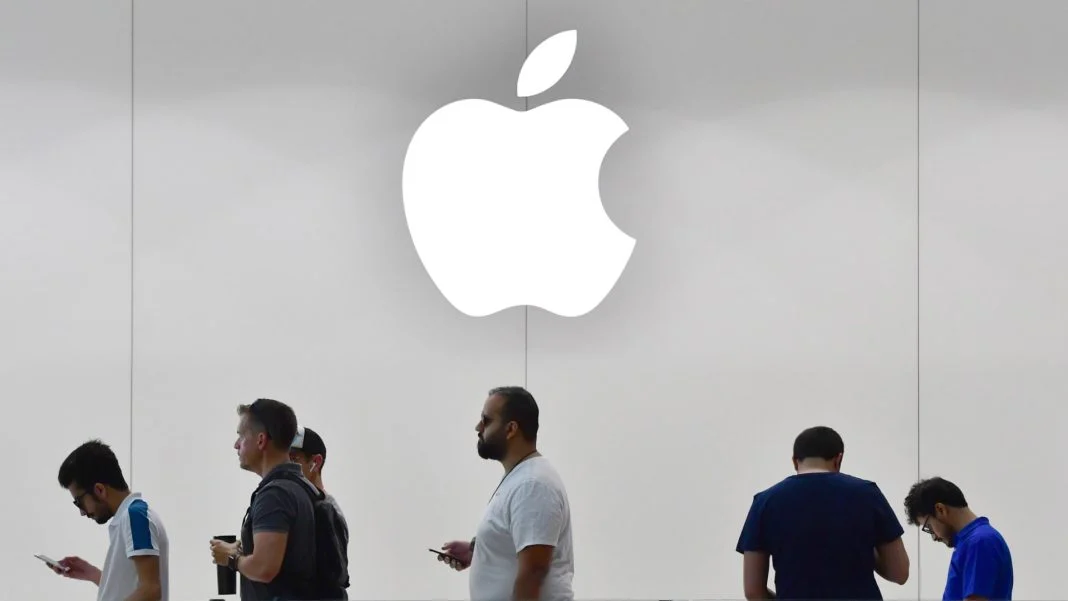Apple is implementing significant alterations to how web browsers function on iPhones and iPads within Europe, prompted by new regulations from the European Union aimed at fostering fair competition among tech companies. Under these rules, browsers such as Chrome and Firefox are now permitted to utilize their own technologies on iOS devices, albeit with a caveat – this adjustment applies exclusively to Europe.
This move has been instigated by the European Union. However, Google and Mozilla, the entities behind Chrome and Firefox, have expressed discontent with this decision. They argue that Apple’s regional approach complicates matters for them, necessitating the development of two distinct versions of their browsers – one for Europe and another for the rest of the world. Mozilla deems this arrangement unjust, as it impedes any browser apart from Safari from effectively competing. The Chrome team at Google shares similar sentiments, opining that Apple’s intentions aren’t genuinely geared towards facilitating competition for other browsers on iPhones and iPads. Presently, downloading Chrome or Firefox on an iOS device essentially equates to utilizing Safari with a different interface, owing to Apple’s prior reluctance to permit other browsers to employ their own technology.
READ MORE: Expected Price of Apple Vision Pro in Pakistan Exceeds Rs. 1.2 Million
Criticism of Safari’s sluggishness in integrating new features compared to other browsers has been ongoing. Nevertheless, Safari has been making strides in improvement, and heightened competition could potentially spur further enhancements at a faster pace. However, the dilemma lies in the fact that Apple’s new regulations exclusively impact Europe.
While these adjustments hold significance for Europe, they do not extend benefits to other regions. Google and Mozilla have been gearing up for these changes by enhancing their browsers for iOS, with the hope of introducing new features to users. Yet, given Apple’s constraints, it appears that users outside of Europe may have to wait for any substantial changes in their browsing experiences on iPhones and iPads.




